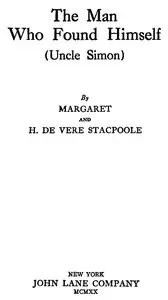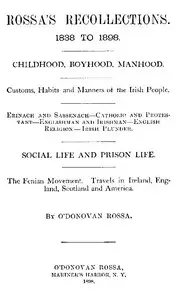"Following the Equator: A Journey Around the World" by Mark Twain is a travelogue written in the late 19th century. The work chronicles Twain's global journey, offering insights into various cultures, social practices, and personal observations along the way. The book unfolds through a first-person narrative, where Twain serves as both the traveler and the commentator, engaging with a medley of characters he meets during his travels. The opening of the journey establishes Twain's initial departure from Paris through New York, where the reader is introduced to key figures such as Major Pond, who manages the trip, and a colorful cast of fellow travelers, including a troubled captain and a charming yet flawed Canadian man battling alcoholism. Twain's humorous yet critical observations of both the travel experience and the people he encounters set the tone for a rich exploration of human nature and societal quirks as his adventure unfolds, all while navigating the mundane challenges of sea travel during that era. (This is an automatically generated summary.)

Following the Equator: A Journey Around the World
By Mark Twain
"Following the Equator: A Journey Around the World" by Mark Twain is a travelogue written in the late 19th century. The work chronicles Twain's global...
Samuel Langhorne Clemens, known by the pen name Mark Twain, was an American writer, humorist, and essayist. He was praised as the "greatest humorist the United States has produced," with William Faulkner calling him "the father of American literature." Twain's novels include The Adventures of Tom Sawyer (1876) and its sequel, Adventures of Huckleberry Finn (1884), with the latter often called the "Great American Novel." He also wrote A Connecticut Yankee in King Arthur's Court (1889) and Pudd'nhead Wilson (1894) and cowrote The Gilded Age: A Tale of Today (1873) with Charles Dudley Warner.


















